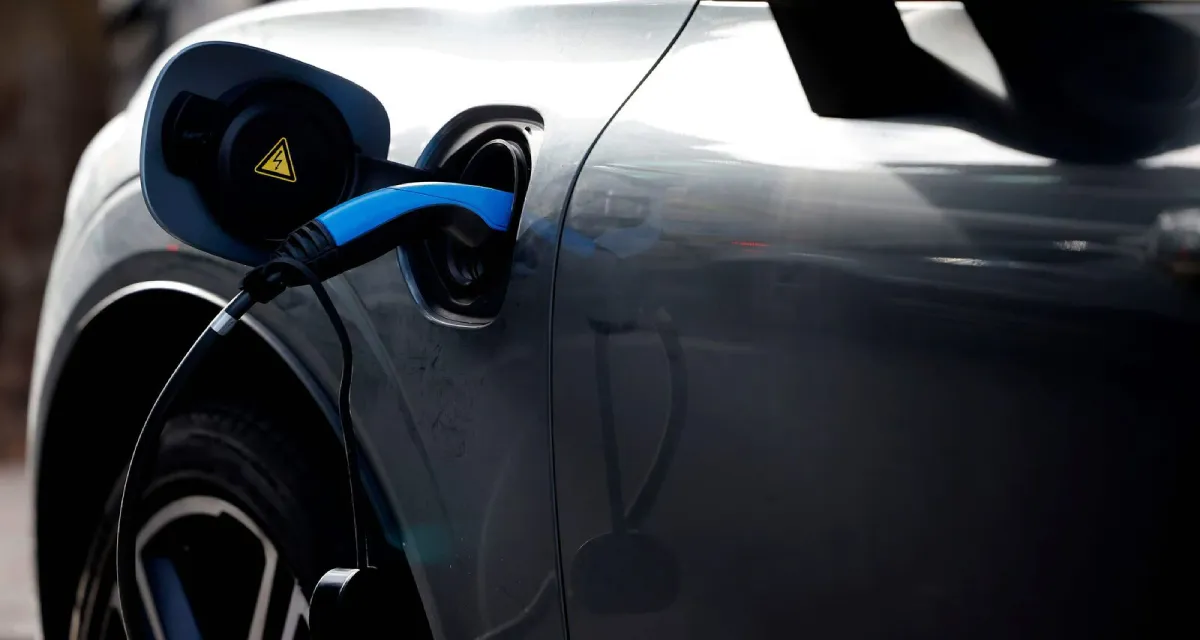

The Finance Minister, Nirmala Sitharaman has announced the Union Budget for the year 2024-2025 which has surged the wave of disappointment among automotive leaders. The Budget has done no critical justice to EV industries but the ray of hope could be the introduction of the Critical Mineral Mission, which aims to enhance battery and cell manufacturing within the country. This move is expected to reduce costs associated with EV production, making electric and hybrid vehicles more affordable in the long run.
The budget outlines a waiver of import duty on 25 critical minerals, including lithium, copper, and cobalt. These minerals are essential components in battery production, and their cost significantly impacts the overall price of batteries. Nitin Gupta, CEO of Attero Recycling, highlights that 40% of a battery's price is due to these critical minerals. The import duty waiver is a strategic move to boost local manufacturing of lithium-ion cells, which could eventually lead to a reduction in EV prices.
Despite the incentives, India continues to import all its lithium-ion cells, attracting an 18% Goods and Services Tax (GST). The budget's measures focus on the minerals, not the cells themselves, which means the immediate impact on EV prices might not be substantial. However, the move aims to build a local supply chain for battery components, reducing dependence on imports from countries like China.
The Critical Mineral Mission catalyzes India's battery manufacturing plans, which align with the Advanced Chemistry Cell Production Linked Incentive (ACC PLI) scheme introduced in 2021. Developing a local battery manufacturing ecosystem is crucial, given India's limited resources for lithium and cobalt. The mission also supports the creation of a circular economy, with a significant portion of recycled materials coming from battery manufacturing waste. This initiative is expected to generate jobs and stimulate the economy.
The budget also reduces the basic customs duty on materials like copper from 5% to 2.5%. Copper is vital for EVs, hybrids, and other climate-friendly technologies. The reduction in duty is expected to have an immediate effect on EV prices. Gupta mentions that the global demand for copper is driven by the energy transition, and the EV industry will soon match the demand from other sectors. Cheaper copper imports are likely to reduce the cost of locally manufactured EVs in the near future.
While the budget does not specifically address EV infrastructure, industry leaders remain optimistic. Santosh Iyer, MD of Mercedes-Benz India, emphasizes the importance of continued investment in infrastructure projects. He advocates for consistent long-term policies to encourage manufacturers to invest in EV infrastructure. Strengthening the country's charging infrastructure will require collaboration between the government and manufacturers.
To summarize, The 2024 Union Budget introduces measures that support the long-term growth of India's EV industry. By focusing on critical mineral imports and local manufacturing, the government aims to reduce production costs and dependence on imports. While immediate price reductions for EVs may not be substantial, the budget sets the stage for a more sustainable and economically beneficial EV ecosystem in India. The combination of reduced import duties on critical minerals and copper, along with policy consistency, will ultimately benefit the EV market, making electric and hybrid vehicles more accessible to consumers.
Also Read: